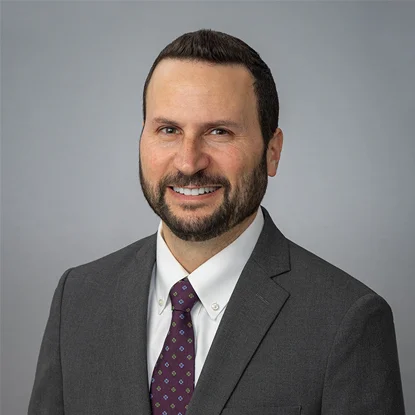Medical malpractice occurs when a healthcare professional, such as a doctor, nurse, or hospital, fails to provide proper care, resulting in harm to a patient.
There are several common types of medical malpractice that can occur in various healthcare settings, including but not limited to:
- Misdiagnosis or Delayed Diagnosis: This occurs when a healthcare provider fails to accurately diagnose a patient's condition or delays the correct diagnosis, leading to delayed or improper treatment.
- Surgical Errors: Surgical malpractice involves mistakes made during surgical procedures, such as operating on the wrong body part, leaving surgical instruments inside the patient, damaging nerves or organs, or performing unnecessary surgery.
- Medication Errors: Medication errors can happen when healthcare professionals prescribe the wrong medication, administer the wrong dosage, fail to consider a patient's allergies or drug interactions, or provide incorrect instructions for medication use.
- Birth Injuries: These types of malpractice cases involve harm to a newborn or mother during pregnancy, labor, or delivery. Examples include failure to monitor the fetal heart rate, improper use of delivery instruments, or delays in performing necessary interventions.
- Anesthesia Errors: Anesthesia malpractice can occur if an anesthesiologist administers an incorrect dosage of anesthesia, fails to monitor the patient's vital signs during the procedure, or neglects to inform the patient of potential risks or complications.
- Failure to Obtain Informed Consent: Medical professionals are required to inform patients about the potential risks, benefits, and alternatives of a proposed treatment or procedure. If a patient is not adequately informed, and experience harm or injury as a result, it may be considered a case of medical malpractice.
- Lack of Follow-up or Aftercare: Negligence can occur when healthcare providers fail to provide appropriate follow-up care after a procedure, surgery, or treatment, leading to complications or worsening of the patient's condition.
What Types of Damages Can I Recover?
Medical malpractice can occur at any time and often leaves patients in a state of suffering, both physically and emotionally. In such a situation, filing a medical malpractice case can be a viable option to hold the healthcare provider accountable for negligence and the pain they caused you.
Let's look at the types of damages you can expect to recover:
Medical Expenses
Any treatment or procedure you received due to a medical malpractice incident can be considered a medical expense. The cost of medical treatment can add up very quickly and can significantly affect your finances. In a medical malpractice case, your lawyer can help you recover the expenses you had to bear due to negligence.
Lost Wages
If you have missed work due to your injuries caused by medical malpractice, then lost wages are another potential type of damage that you can recover. Losing your income can cause significant financial strains on you and your family. However, a medical malpractice attorney can help you recover these lost wages, so you don't have to worry about your financial security.
Pain and Suffering
Pain and suffering refer to the physical and emotional trauma caused by medical malpractice, which can substantially affect your quality of life. In a medical malpractice case, you can recover damages for the pain, anguish, and suffering that you have experienced. A skilled attorney will ensure you receive the compensation you deserve for these damages.
Punitive Damages
In rare cases, a court may award punitive damages to the plaintiff. Punitive damages are meant to punish the healthcare provider for their negligence and can be awarded in addition to other damages. However, the court will only award this compensation in cases that involve gross negligence or malicious intent.
Recovering the full extent of your damages can be a challenging process, and it requires the assistance of a skilled attorney. A medical malpractice lawyer will have the necessary knowledge, experience, and resources to help you recover the maximum compensation you deserve. Your attorney will also handle communication with insurance companies and work with expert witnesses to build your case and seek justice on your behalf.



















